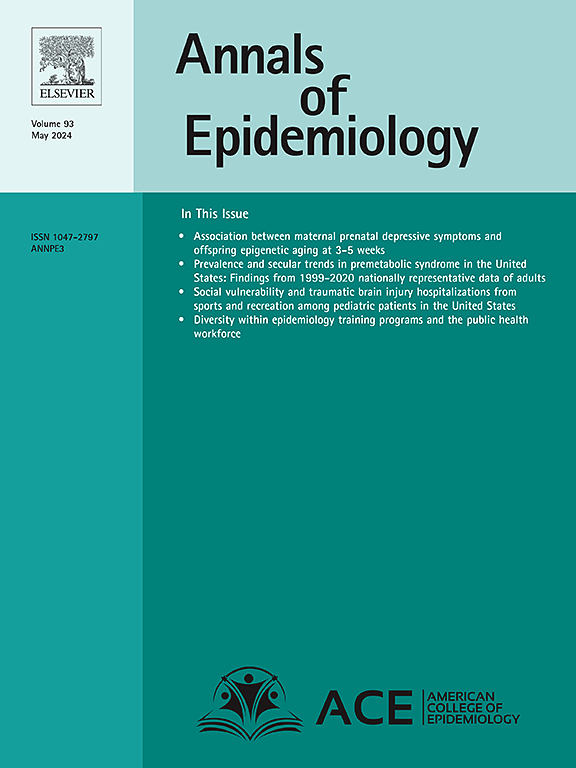Integrating existing and novel methods to understand organizational context: A case study of an academic-public health department partnership
IF 3.3
3区 医学
Q1 PUBLIC, ENVIRONMENTAL & OCCUPATIONAL HEALTH
引用次数: 0
Abstract
Purpose
In this manuscript we illustrate how implementation science (IS) researchers and practitioners can deploy and integrate existing and novel methods to develop a more comprehensive understanding of organizational context, particularly organizational routines and processes, to inform adaptation and implementation of evidence-based interventions.
Methods
The work reported here was part of a broader investigation of how to adapt and implement a three-component combination intervention in a county health department in Mobile, Alabama. Based on pre-implementation efforts to assess local context and barriers to implementation, we first describe three approaches that can be effectively used to elucidate organizational routines and processes, followed by a description of how these approaches were applied in our study. We conclude with a discussion of lessons learned and recommendations for how these approaches can be applied and improved upon by other IS researchers.
Results/Conclusions
Multiple methods used iteratively and collaboratively with implementation partners can enhance our understanding of nuanced organizational routines and better inform efforts to adapt and implement evidence-based interventions in complex organizational settings.
整合现有方法和新方法,了解组织背景:学术界与公共卫生部门合作的案例研究。
目的:在本手稿中,我们阐述了实施科学(IS)研究人员和从业人员如何部署和整合现有的和新颖的方法,以更全面地了解组织背景,特别是组织常规和流程,从而为调整和实施循证干预措施提供依据:本文所报告的工作是对阿拉巴马州莫比尔市一个县级卫生部门如何调整和实施由三部分组成的综合干预措施的广泛调查的一部分。在实施前评估当地环境和实施障碍的基础上,我们首先介绍了可有效用于阐明组织常规和流程的三种方法,然后介绍了在我们的研究中如何应用这些方法。最后,我们讨论了吸取的经验教训,并就其他信息系统研究人员如何应用和改进这些方法提出了建议:与实施伙伴合作,反复使用多种方法,可以加深我们对细微的组织常规的理解,为在复杂的组织环境中调整和实施循证干预措施提供更好的信息。
本文章由计算机程序翻译,如有差异,请以英文原文为准。
求助全文
约1分钟内获得全文
求助全文
来源期刊

Annals of Epidemiology
医学-公共卫生、环境卫生与职业卫生
CiteScore
7.40
自引率
1.80%
发文量
207
审稿时长
59 days
期刊介绍:
The journal emphasizes the application of epidemiologic methods to issues that affect the distribution and determinants of human illness in diverse contexts. Its primary focus is on chronic and acute conditions of diverse etiologies and of major importance to clinical medicine, public health, and health care delivery.
 求助内容:
求助内容: 应助结果提醒方式:
应助结果提醒方式:


